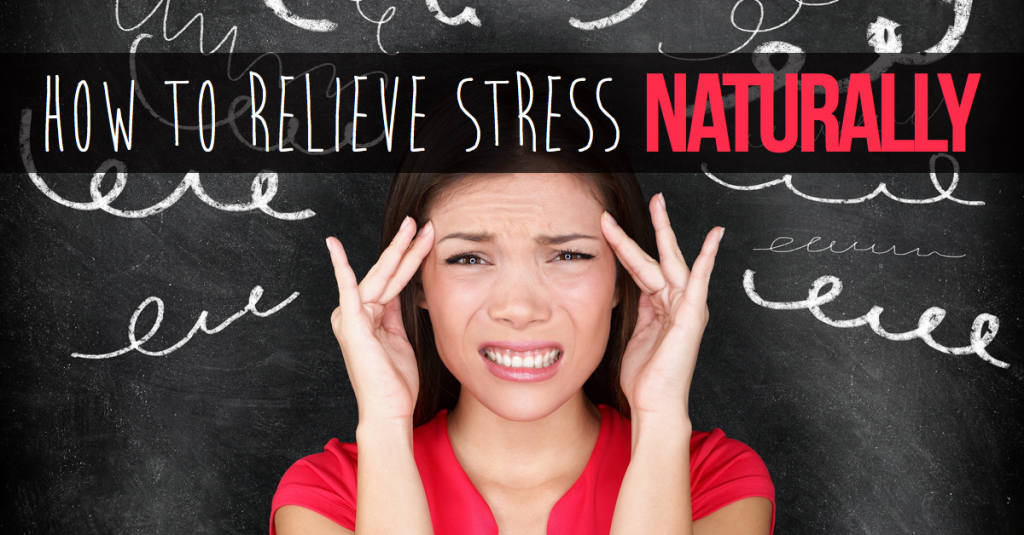Last year, nearly 20% of adults in the United States were diagnosed with some sort of anxiety disorder according to the National Institute of Mental Health. Anxiety has become an all-too-common issue.
With the constant pressure to perform and the never-ending stream of information and responsibilities, it’s no wonder that anxiety levels are on the rise. However, there are proven techniques that can help you manage anxiety effectively, even in the most hectic environments. Here are ten strategies to help you stay calm and centered.

Content
1. Practice Mindfulness Meditation
Mindfulness meditation involves focusing on the present moment without judgment. This practice can help you become more aware of your thoughts and feelings, allowing you to respond to them more calmly. Set aside a few minutes each day to sit quietly, focus on your breathing, and observe your thoughts without getting caught up in them. This simple practice can significantly reduce anxiety levels.
2. Regular Physical Exercise
Exercise is a powerful tool for managing anxiety. Physical activity increases the production of endorphins, which are natural mood lifters. Whether it’s a brisk walk, a session at the gym, or a yoga class, regular exercise can help keep anxiety at bay. Aim for at least 30 minutes of moderate exercise most days of the week.
3. Deep Breathing Techniques
When you feel anxious, your breathing often becomes shallow and rapid. Deep breathing exercises can help calm your mind and body. Try inhaling deeply through your nose for a count of four, holding the breath for a count of four, and then exhaling slowly through your mouth for a count of six. Repeat this several times until you feel more relaxed.
4. Maintain a Healthy Diet
What you eat can have a significant impact on your anxiety levels. Avoid excessive caffeine and sugar, as they can exacerbate anxiety symptoms. Instead, focus on a balanced diet rich in fruits, vegetables, whole grains, and lean proteins. Omega-3 fatty acids, found in fish like salmon and mackerel, are particularly beneficial for mental health.
5. Establish a Regular Sleep Routine
Lack of sleep can worsen anxiety, so it’s crucial to establish a regular sleep routine. Aim for seven to nine hours of sleep each night. Create a relaxing bedtime routine, avoid screens before bed, and keep your bedroom cool and dark to promote better sleep.
6. Limit Screen Time
Excessive screen time, especially on social media, can increase anxiety. Set boundaries for your screen time and take regular breaks throughout the day. Use this time to engage in offline activities that you enjoy, such as reading, hobbies, or spending time in nature.
7. Connect with Others
Social support is essential for managing anxiety. Make time to connect with friends and family, even if it’s just a quick phone call or a coffee date. Sharing your feelings and experiences with others can help you feel more supported and less isolated.
8. Practice Gratitude
Focusing on the positive aspects of your life can help shift your mindset and reduce anxiety. Take a few minutes each day to write down three things you’re grateful for. This simple practice can help you cultivate a more positive outlook and decrease anxiety levels.
9. Learn to Say No
Overcommitting yourself can lead to increased stress and anxiety. Learn to set boundaries and say no to additional responsibilities that you don’t have the time or energy for. Prioritize your tasks and focus on what’s most important to you.
10. Seek Professional Help
If your anxiety is overwhelming or persistent, don’t hesitate to seek professional help. Professional anxiety counseling can provide you with the tools and strategies you need to manage your anxiety effectively. A trained therapist can help you identify the root causes of your anxiety and develop a personalized treatment plan.
Implementing these ten proven techniques can help you manage anxiety more effectively in a fast-paced world. By taking proactive steps to care for your mental health, you can reduce anxiety levels and improve your overall well-being. Remember, it’s essential to be patient with yourself and recognize that managing anxiety is an ongoing process. If you need additional support, consider reaching out for professional anxiety counseling to help guide you on your journey to a calmer, more balanced life.

Karen is a health blog author who has been writing about healthy living since 2013. She started her journey by adopting a vegan diet and eating only organic foods, but the more she learned, the more she realized that we should all be eating plant-based diets exclusively. As an expert in nutrition and wellness, Karen blogs to educate readers on how they can live happier and healthier lives through food choices!




